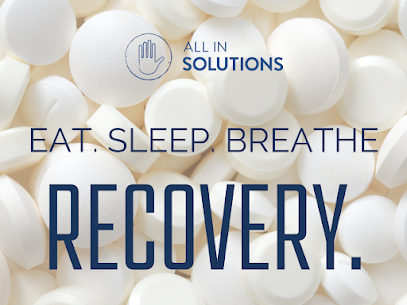
Cocaine Detox
Cocaine addiction is prevalent and difficult to cure since the limbic system not only regulates the brain's reward circuit but also influences memory formation. Although there are no physical symptoms associated with cocaine withdrawal like those associated with alcohol or painkillers, there are psychological symptoms that are typical when someone who is addicted to cocaine stops using it. Cocaine cravings can linger for months or even years after a person has stopped using it. Although the specific reasons for these long-lasting cravings are unknown, research reveals that cocaine usage alters the structure of nerve cells in the brain and even modifies the expression of some genes.
